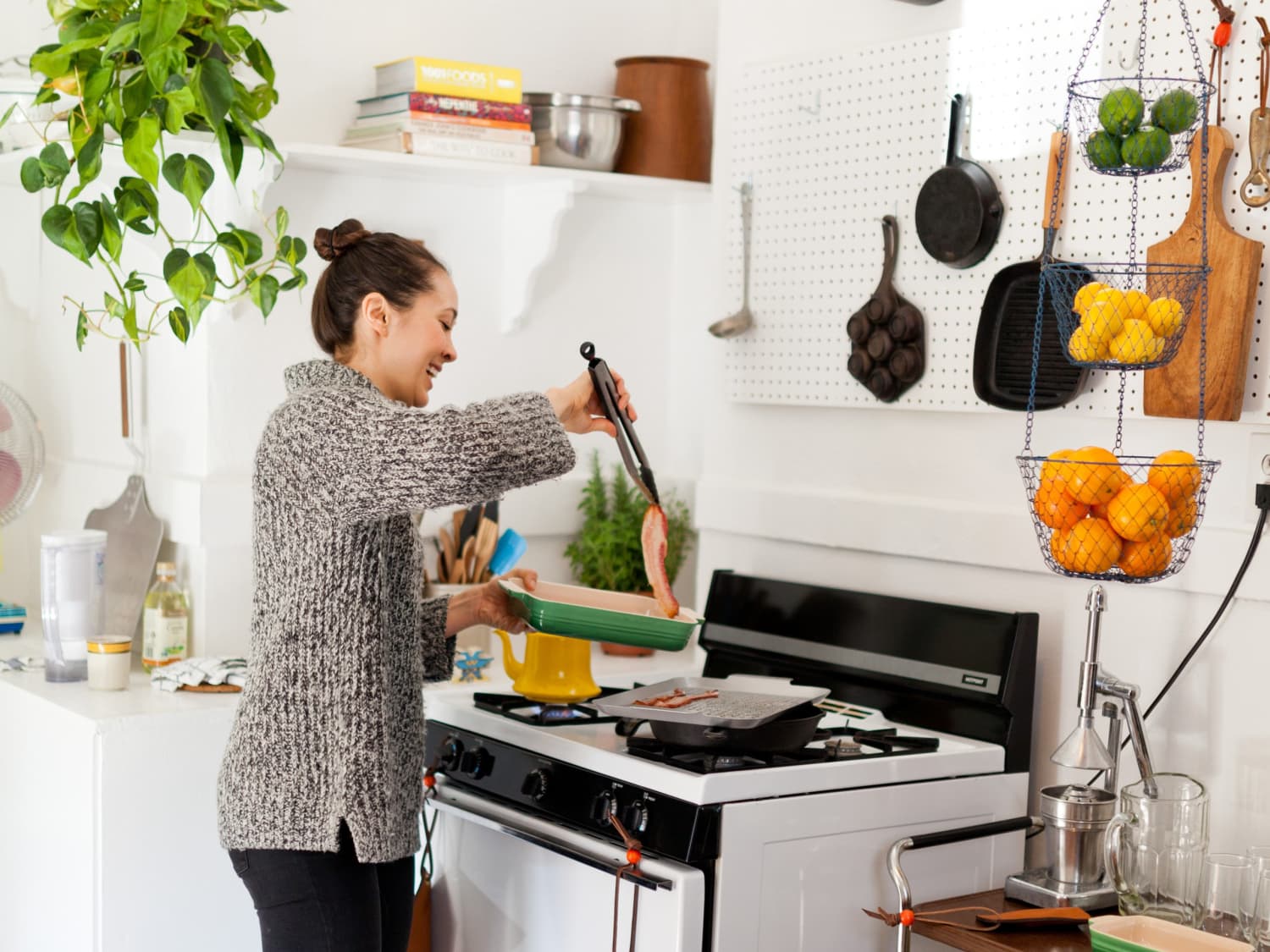You will have to choose between electric, induction, and gas cooktops when upgrading your kitchen, including cookware. There are pros and cons to each of these stoves, making it difficult for ordinary people to choose wisely. Our goal is to reach a sensible conclusion by analyzing them all in order.
Electric Stove
Many women use electric stoves in their homes. This type of stove is renowned for its appearance, safety, high degree of cleanliness in the kitchen, and many other features.

High Electricity Consumption
Electric stoves are often scrutinized for their power consumption and functionality. In addition, they often possess additional functions and heating elements. Multiply the power of the device by its operating time to calculate its electricity consumption. Hotplates consume about 1.5 kW and ovens consume 3-4 kW of electricity per hour on average. It is recommended not to turn on more than two burners at the same time to avoid overloading the power supply.
Care and Cleaning
Stove repair and easier to clean than gas stoves since no soot appears during cooking. It can be cleaned quickly if its surface is made of glass-ceramic. It is incredibly easy to remove dirt from this material since it is perfectly smooth. In order to preserve the glass-ceramics, sugar and sweet liquids must not get on them. Several special tools are available for maintaining glass-ceramic surfaces. However, powders and hard brushes should not be used to remove heavy dirt since they cause scratches on the material.
Moreover, due to the absence of soot during cooking, electric stoves are easier to clean than gas stoves. Cleaning them requires less effort and time. Several of the cheaper models have a hydrolysis purification system. When the water container is emptied into the chamber, it evaporates and softens the dirt on the walls, making it quite easy to wipe them clean.
Gas Stoves
It was much earlier than electric stoves that gas stoves appeared in the kitchen. A natural gas (methane) fuelled by an open fire is used for cooking. You can heat dishes quickly and evenly on a hotplate, and if needed, you can adjust the power of the burners to quickly accelerate or slow down the cooking process. There are several advantages to gas appliances, including the ability to cook quickly, the simplicity of operation, and the fact that they do not require special dishware. During the combustion of natural gas, which is not pure, but has special additives, the release of chemicals that are not particularly beneficial to human health is increased. In the form of greasy coatings, they settle on burners, dishes, and kitchen walls, making them difficult to remove. This is why it is important to ventilate well when using gas.
Care and Cleaning
Keeping a gas stove clean is not an easy task. Byproducts of combustion and soot leave behind sticky deposits that are nearly impossible to wash off. It can take hours to clean the grates. You need special brushes, metal washcloths, powders, and detergent in hot water to remove dirt from them.

















